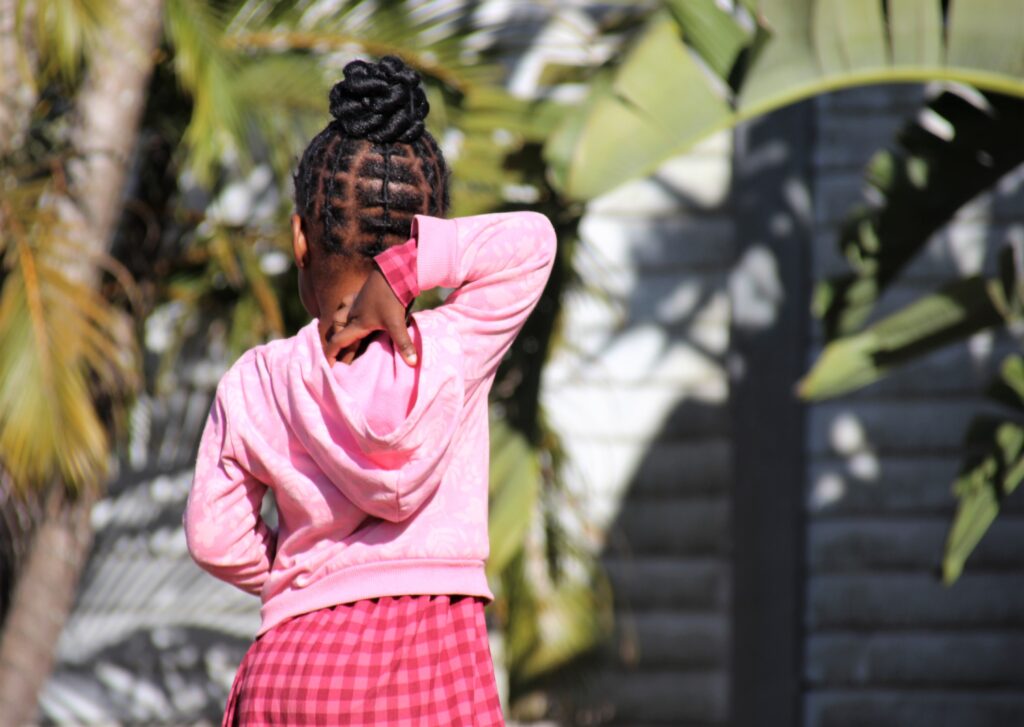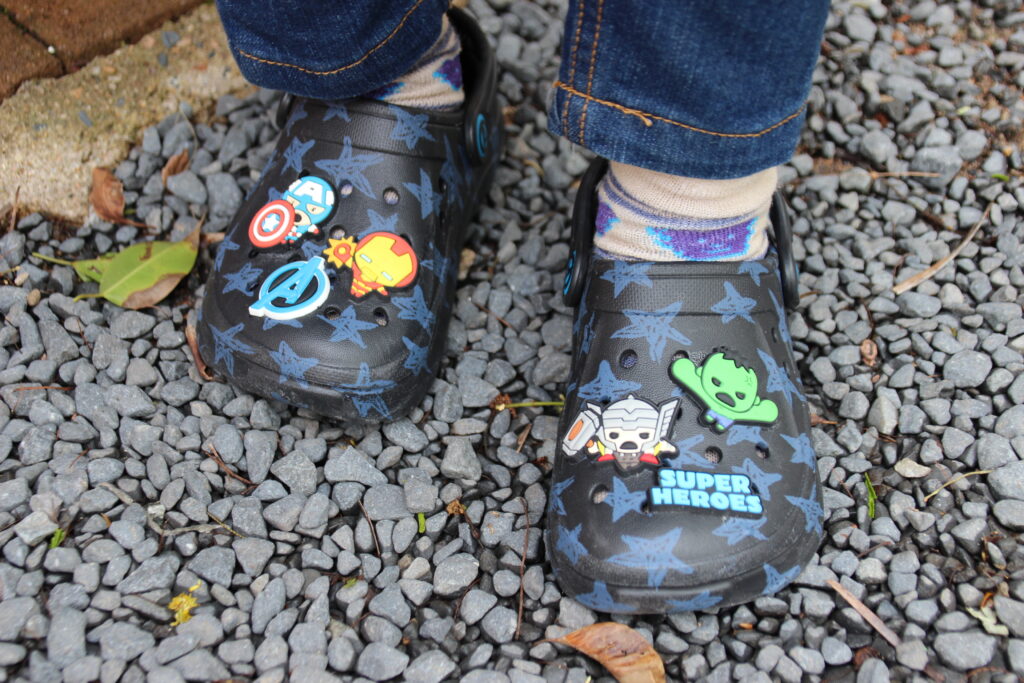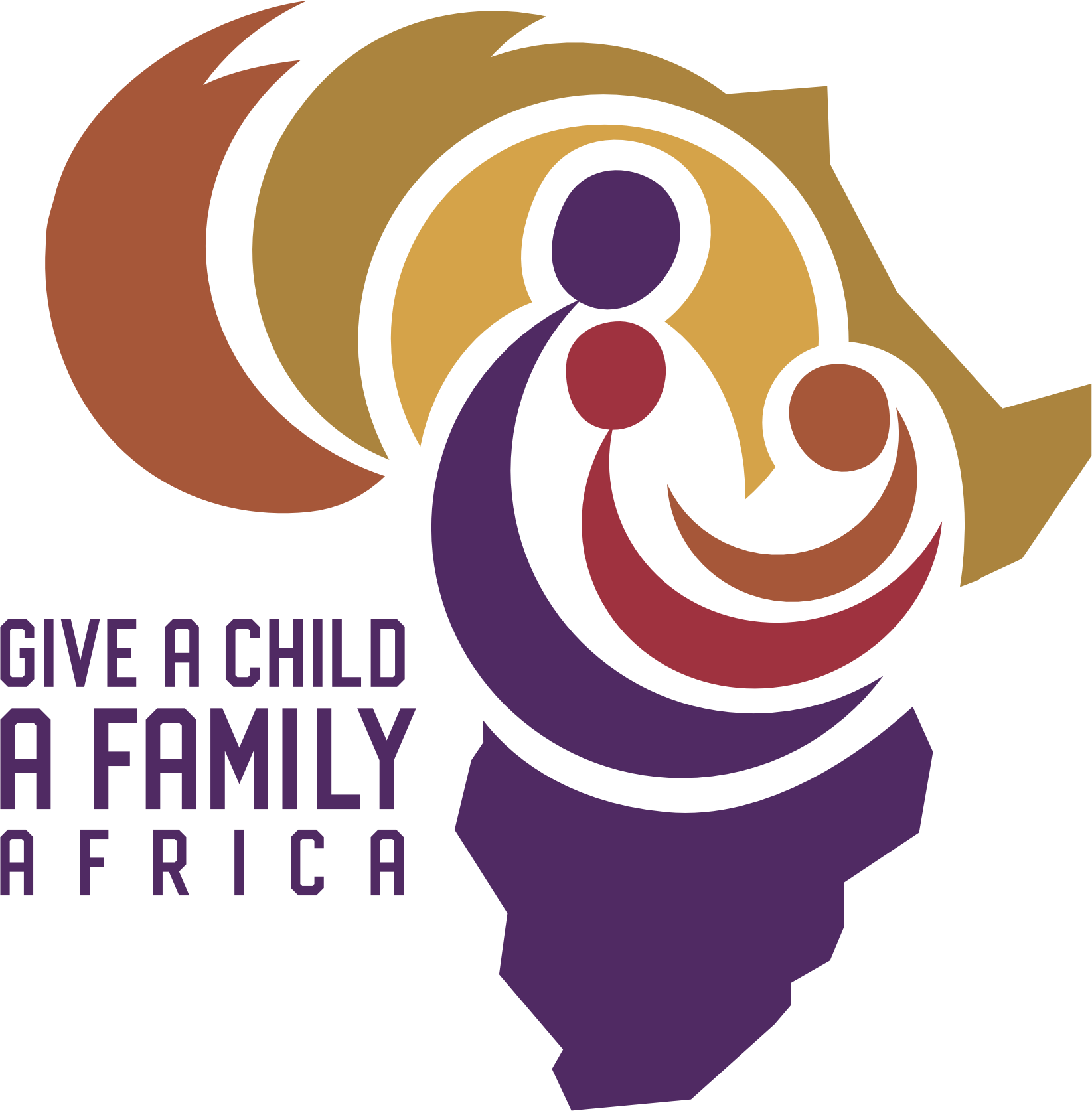In my home language, we say we become “injured at work.” It’s not about physical harm but a way to express how much we live and breathe what we do. For me and my colleagues, child protection is more than just a job—it’s part of who we are. Sometimes, it feels surprising when others don’t see or know what seems so obvious to us.

Children’s behaviours are one of those “obvious” things. We all know that children don’t act like angels all the time, but not everyone understands how deeply a child’s background and environment shape their actions. Often, adults fail to see the child behind the behaviour.
At Give a Child a Family Africa, we have experienced it with children who previously lived at the centre. Our social workers get calls from parents, foster parents, and sometimes teachers who feel completely overwhelmed. They describe children as naughty, unruly, and impossible. They are labelled with faulty identities they don’t deserve—ones that make them feel like they’re the problem and, sometimes, ones they feel they have to live up to.

So, what are the underlying reasons for children’s challenging behaviours? They vary widely. It can be as simple as the fact that the children concerned never learned social norms because no one taught them or that their physical or emotional needs aren’t met. Their families have completely different values and beliefs from yours and mine. There might be unclear, unpredictable rules or no rules at all at home, and they don’t know or understand how to behave in the situations they face. Children may copy the behaviours of others, or they might be belittled, threatened, ignored, or constantly screamed at by parents and siblings. I can continue with reason after reason, but I just want to highlight that challenging behaviour is always a form of communication where an answer needs to be figured out.
Through our training programmes, we help adults uncover the reasons behind challenging behaviours and equip them with tools to respond. Time and again, participants leave saying, “I wish I knew this before I had children—it would’ve helped so much.” Many return with stories of small but meaningful victories already the next day, having implemented what they learned.
Now, you might be wondering: “What’s the magic formula to fix these behaviours?” I wish it were that simple. The truth is, it takes patience, consistency, and understanding. Routines and boundaries are essential. A yes should mean yes, and a no must stay no. Children thrive with repetition and need to see you model the behaviour you expect from them.

At times, it’s about picking your battles. Is it more important to enforce brushing teeth than to prevent a Spiderman costume at the dinner table? Some lessons are best learned through natural consequences—like wearing gumboots and a heavy jacket to the beach on a hot summer’s day.
If you care for someone else’s child, you might have to help them unlearn unacceptable behaviours to re-educate them. Get to know the child—maybe they feel stressed and anxious, and their bodies react by fighting or fleeing.
Above all, it’s about seeing the child beyond the behaviour. When adults approach these situations with empathy and persistence, they create space for transformation. It’s hard work, but it’s always worth it. When we choose to look beyond the labels and listen to what a child is actually trying to say, we make a difference—not just for them, but for everyone around them.
Written by Anna-Karin Öhrnstedt




0 Comments